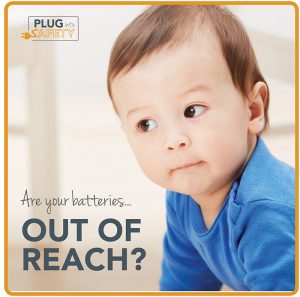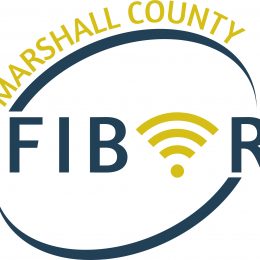 Batteries provide a portable, and usually safe, source of electricity. From batteries in our cell phones to industrial-sized backups, we rely on them every day.
Batteries provide a portable, and usually safe, source of electricity. From batteries in our cell phones to industrial-sized backups, we rely on them every day.
Although they may seem harmless, safety should always be a top concern when using and replacing batteries.
Batteries produce hydrogen gas. When hydrogen gas mixes with oxygen and meets an ignition source, like a spark, an explosion can occur. Excess hydrogen gas is most likely to be created when batteries are charging or when batteries are mismatched, damaged or connected incorrectly.
As batteries discharge, through use or gradual self-discharge, hydrogen gas is also generated, increasing pressure in the battery and causing the insulating seals at the end of the battery to rupture. As batteries age, the steel outer canister may corrode or rust. The crystals found on corroded batteries can cause respiratory, eye and skin irritations.
Those at Marshall County REMC have some tips to help you use this dependable source of power safely.
- Always note the warnings and the manufacturers’ instructions for both the batteries and the battery-powered product.
- Do not mix batteries of different brands.
- Confirm that the contacts of both the battery and product are clean of any corrosion.
- When inserting the battery, match the positive and negative symbols of both the battery and product. While putting the batteries in backward may allow the product to operate, it may accidentally charge the batteries resulting in venting or leaking.
- Safely dispose of used batteries.
- Don’t mix batteries of different types, such as alkaline and non-alkaline or rechargeable and non-rechargeable.
- Do not heat or damage batteries.
- When storing a device, remove its batteries.
Keep batteries out of sight and out of reach from small children
With electronics getting smaller, many devices now use coin-size lithium batteries, also called button batteries.
Little kids love to explore and put things in their mouths, but these batteries can cause serious injury when swallowed. If a coin lithium battery gets stuck in the esophagus, there may not be any immediate symptoms, but the saliva triggers an electrical current. This chemical reaction can cause it to burn through the tissue in as little as two hours. This can require multiple surgeries and ongoing medical care to repair. Even after the battery is removed, kids can experience side effects to their vocal cords and windpipe.
If you know or suspect your child has swallowed a battery, go to the emergency room immediately.
Each year in the United States, nearly 3,000 children are treated in emergency rooms for swallowing these tiny batteries.
Keep coin-size lithium battery-controlled devices, including remote controls, watches and singing greeting cards, out of sight and reach of children. Childproof your home as much as possible, and be aware of your child’s surroundings and what could be dangerous. Consider placing duct tape over the controller to prevent kids from reaching the battery, and always lock away loose batteries.
SOURCES: Electrical Safety Foundation International, Safety Toolbox Topics, Consumer Reports



